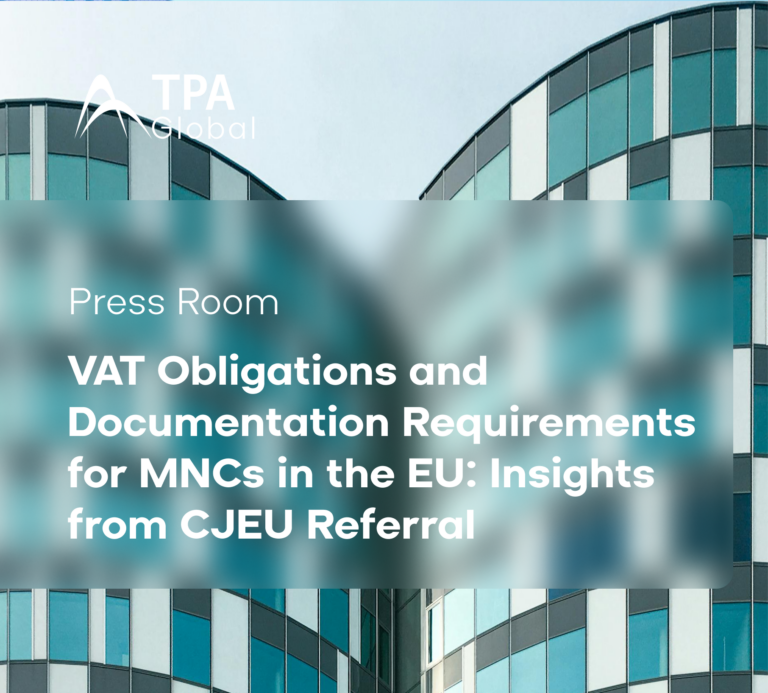In a move signaling Belgium’s commitment to global tax reform, the Belgian Parliament recently ratified a draft law encompassing the implementation of the Pillar Two global minimum tax rules. This legislative stride aligns with the EU Minimum Tax Directive (Council Directive (EU) 2022/2523 of 14 December 2022) and mirrors its key elements by integrating the income inclusion rule (IIR) and undertaxed payment rule (UTPR) into a separate Pillar Two Act rather than incorporating them into the existing Belgian Income Tax Code.
The adopted law not only embraces international directives but also introduces local features such as the Belgian domestic minimum top-up tax (DMTT) and transitional safe harbor rules. Furthermore, the legislation enacts adjustments to the Belgian research and development (R&D) tax credit.
While the legislation generally incorporates supplementary regulations outlined in the Organisation for Economic Cooperation and Development (OECD) administrative guidance released in February 2023, a subsequent draft law will accommodate the additional guidance that was later released in July 2023. These amendments will function as an addendum, modifying the existing law rather than being an integral part of the current implementation.
Scheduled to come into effect on 31st December 2023, the law’s application will commence from fiscal years beginning on or after that date. However, it iss important to note that the undertaxed payment rule (UTPR) will have an extended timeline, only taking effect from fiscal years commencing on 31st December 2024.
This legislative shift holds profound implications for multinational enterprises and large-scale domestic groups operating within Belgium. The adaptation of global minimum tax regulations underscores the nation’s dedication to fostering fiscal fairness and combating tax base erosion and profit shifting strategies.
Belgium’s parliamentary adoption of the Pillar Two global minimum tax rules epitomizes a step toward international tax harmonization. As these regulations take shape and embed into the Belgian fiscal framework, businesses must prepare to adapt and recalibrate their tax strategies in line with these reforms.
Tax professionals monitoring developments in global tax regimes will find this development particularly noteworthy as this transformation may significantly impact the structures employed by multinational entities, necessitating a reassessment of their tax compliance frameworks and transfer pricing arrangements.
The forthcoming changes are likely to prompt an increased demand for sophisticated tax technology solutions and transfer pricing services. For tax practitioners and consultants such as TPA Global, staying abreast of these alterations is pivotal in offering the expert guidance that our clients need to navigate this evolving tax landscape.
To keep updated on news, visit our Global News Page.
Don’t miss our most recent updates and articles; follow us on LinkedIn.



